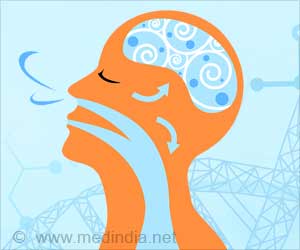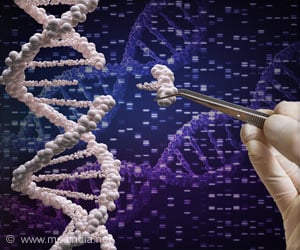Dr. Namitha Kumar's Profile
MA, PhD

Namitha A Kumar has a PhD in psychology from the National Institute of Advanced Studies (NIAS) focusing on the cognitive aspects of disability. She works in the field of rare, genetic disorders and currently, develops all the medical content for the Open Platform for Rare Diseases (OPFORD).
Written / Edited / Medically Reviewed

Genes Can Help Distinguish A Number of Scents
Genetic mechanism in the human nose can enable the detection of a number of various scents. Scientists have uncovered the mechanisms by way of which neurons and genes work in tandem to enable the human nose to distinguish a finite number of scents.

CRISPR Fights Obesity
CRIPSR could be used to prevent obesity with predispositions to weight gain. CRISPRa (activation) regulation produced more SIM1 and MCR4 genes, which prevents from developing extreme obesity.

Genetic Risk Factors for ADHD Identified
Globally, around 2.5 percent adults and 5 percent of children have attention deficit hyperactivity disorder (ADHD). A study published in Nature Genetics has uncovered the genetic variants underlying ADHD. About 12 independent loci on the genome where mutations can lead to ADHD have been identified.

CRISPR Gene Editing can Treat Diseases Before Birth
For the first time, scientists have used CRISPR-Cas9 guided gene editing to prevent genetic disorders before birth. An effective tool was used for prenatal gene editing to edit out disease-causing genes in the fetus.

Increasing Fetal Hemoglobin may be the Key to Help People With Sickle Cell Disease and Thalassemia
An important signaling protein that regulates the production of hemoglobin was discovered. Blocking this protein can increase fetal hemoglobin production and deliver therapeutic benefits to Sickle Cell Disease (SCD) and Beta-Thalassemia.
 Careers
Careers
